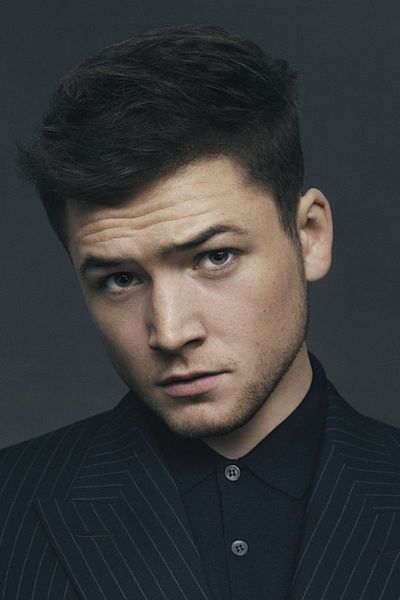On the eve of World War One, aspiring eighteen-year-old writer Vera (Vikander) has her heart set on Oxford and thanks to big brother Edward (Egerton), dad (Dominic West) and mum (Emily Watson) are persuaded to allow her attempt the entry exam. However, when England declares war on Germany, and brother, friend Victor (Colin Morgan) and would-be lover Roland (Harington) get caught up in jingoistic fever, Vera puts aside her studies and joins up as a nurse near the front…
It might be prone to foreshadow its imminent dramatic turns all too obviously, but it wrong-foots the audience in other ways. Setting itself up as the struggles of a proto-feminist in a man’s world - the boys mockingly call Vera a suffragette and she scolds her mother’s outdated thinking that “a daughter’s sole purpose is to hitch herself to a man.” - but then all this is gradually stripped away. Vera is encouraged to write by her male friends, she doesn’t find the expected solidarity among the female students on campus or help from her crotchety professor (Richardson). By the time she is tending to injured German soldiers in the French mud all gender politics are a distant memory. War, the great leveller.
Yet women are still excluded. They are abandoned to knit or wave from the platform as thousands of young men, drunk on jingoism and brainwashed by propaganda, are sent to their deaths by rich men relying dangerously outmoded methods of warfare. When a shaken Roland returns from the front he rebukes Vera’s attempts to rekindle their romance yet warmly embraces his male friends.
But all this would be for nothing if not for Alicia Vikander. Playing something similar to her eye-catching role in 2012 Danish drama A Royal Affair, where she also played a strong-willed woman hemmed in by the politics of man, Vikander’s slight frame and soft features belie the strength and determination behind her eyes. It’s a graceful performance and director James Kent seems keen to shoot her in close up as often as possible, making sure her face encourages one to forget this war drama is shorn of actual war scenes.
But where it lacks battle-scarred fields, it makes up for in old-fashioned romance. Writer Juliette Towhidi (Love Rosie, Calendar Girls) wonderfully teases out Vera and Roland’s first kiss; on more than one occasion their caress is infuriatingly delayed, making the snatches of recalled moments – she remembers his neck, his cheek, how he turned to look at her – all the more sensual and emotional.




















































































